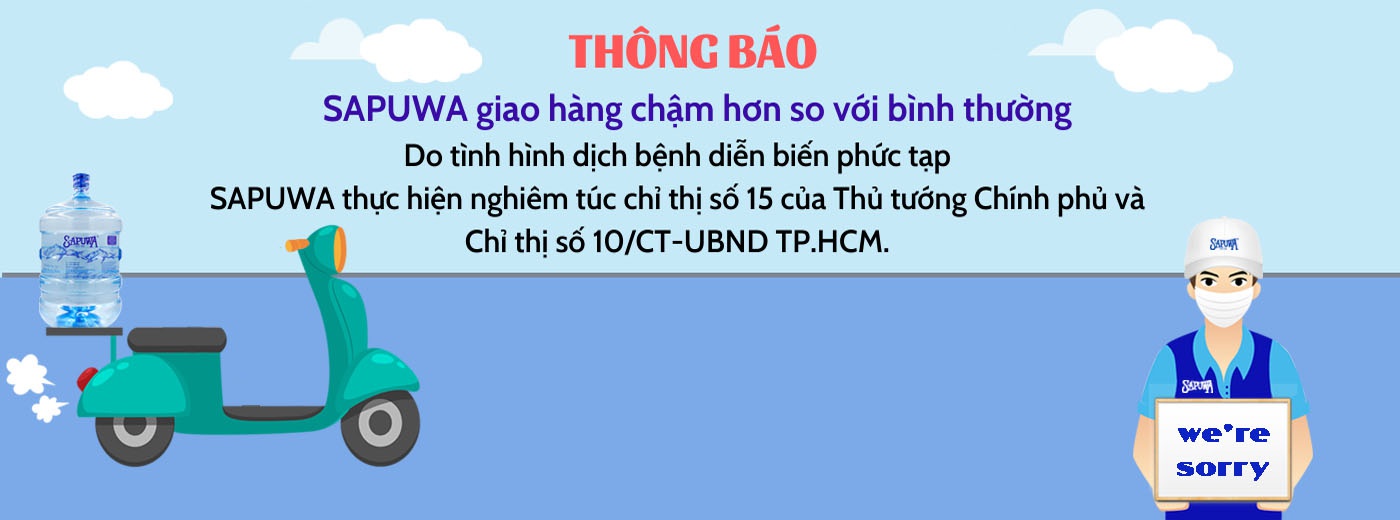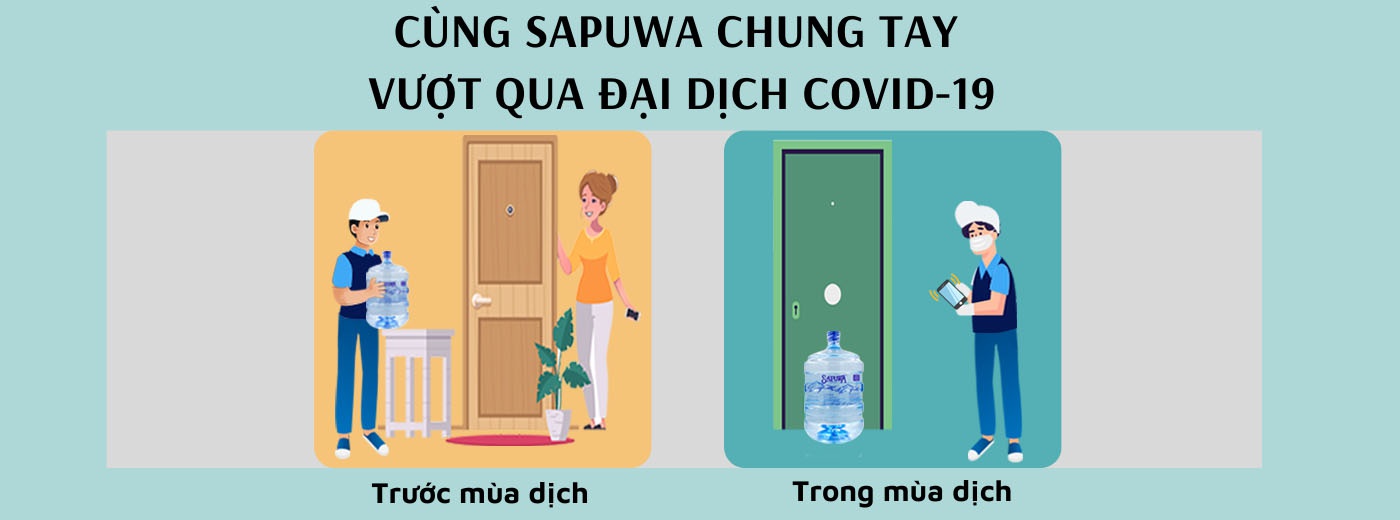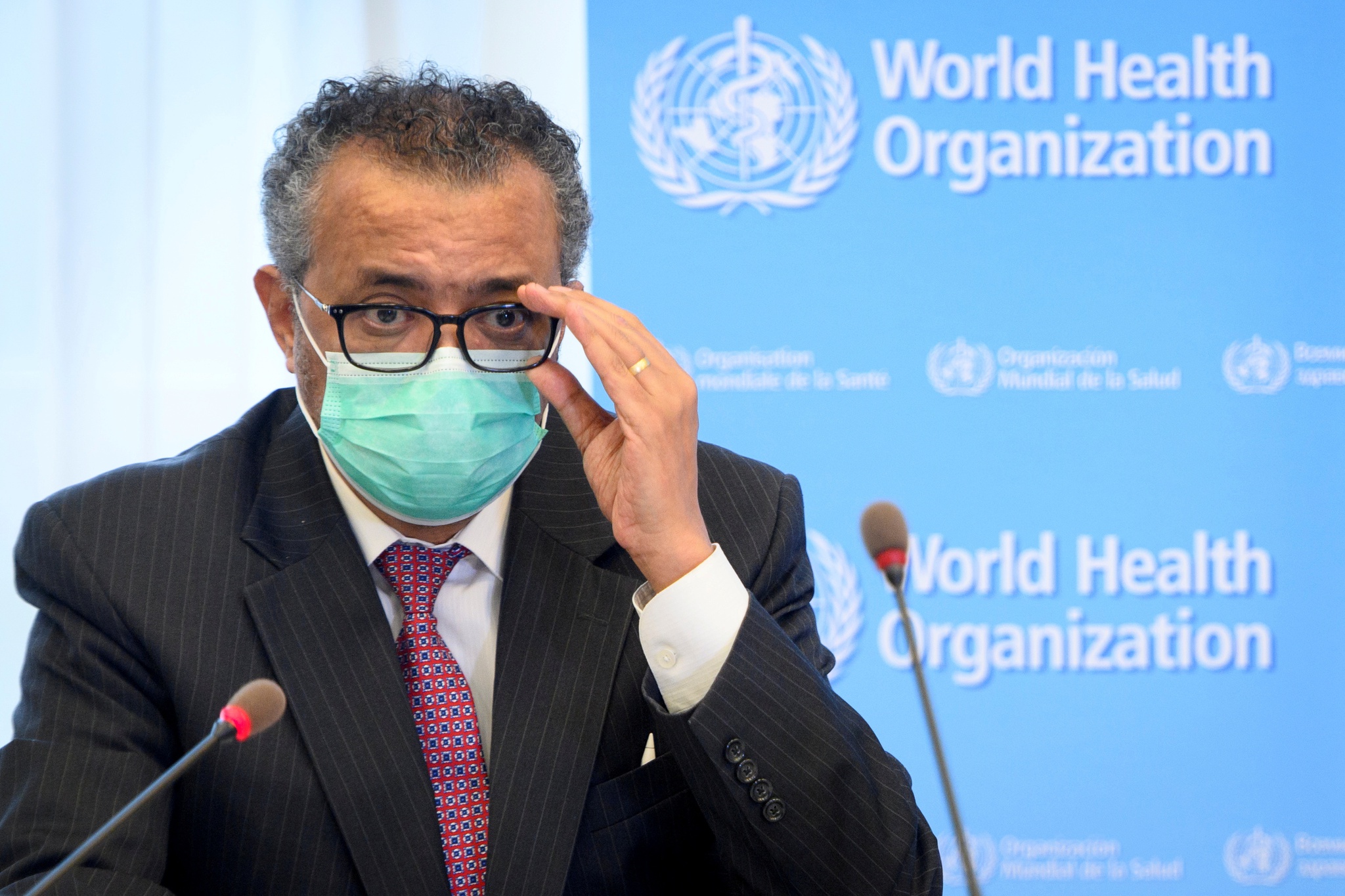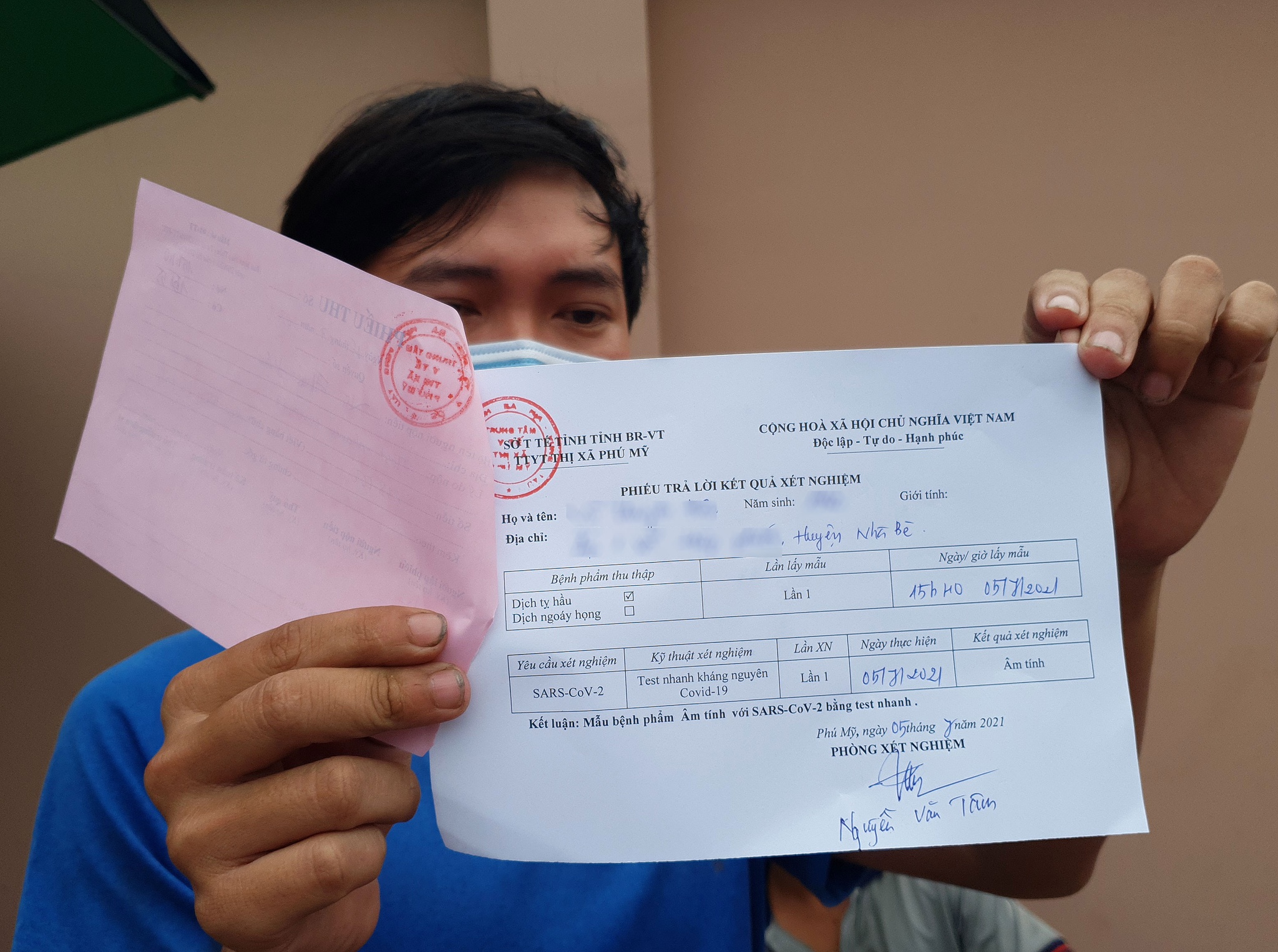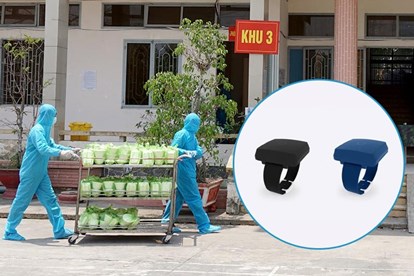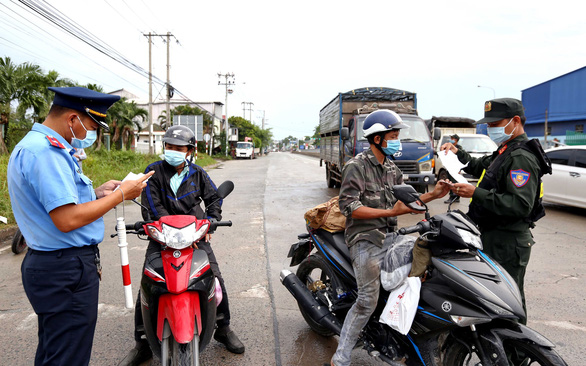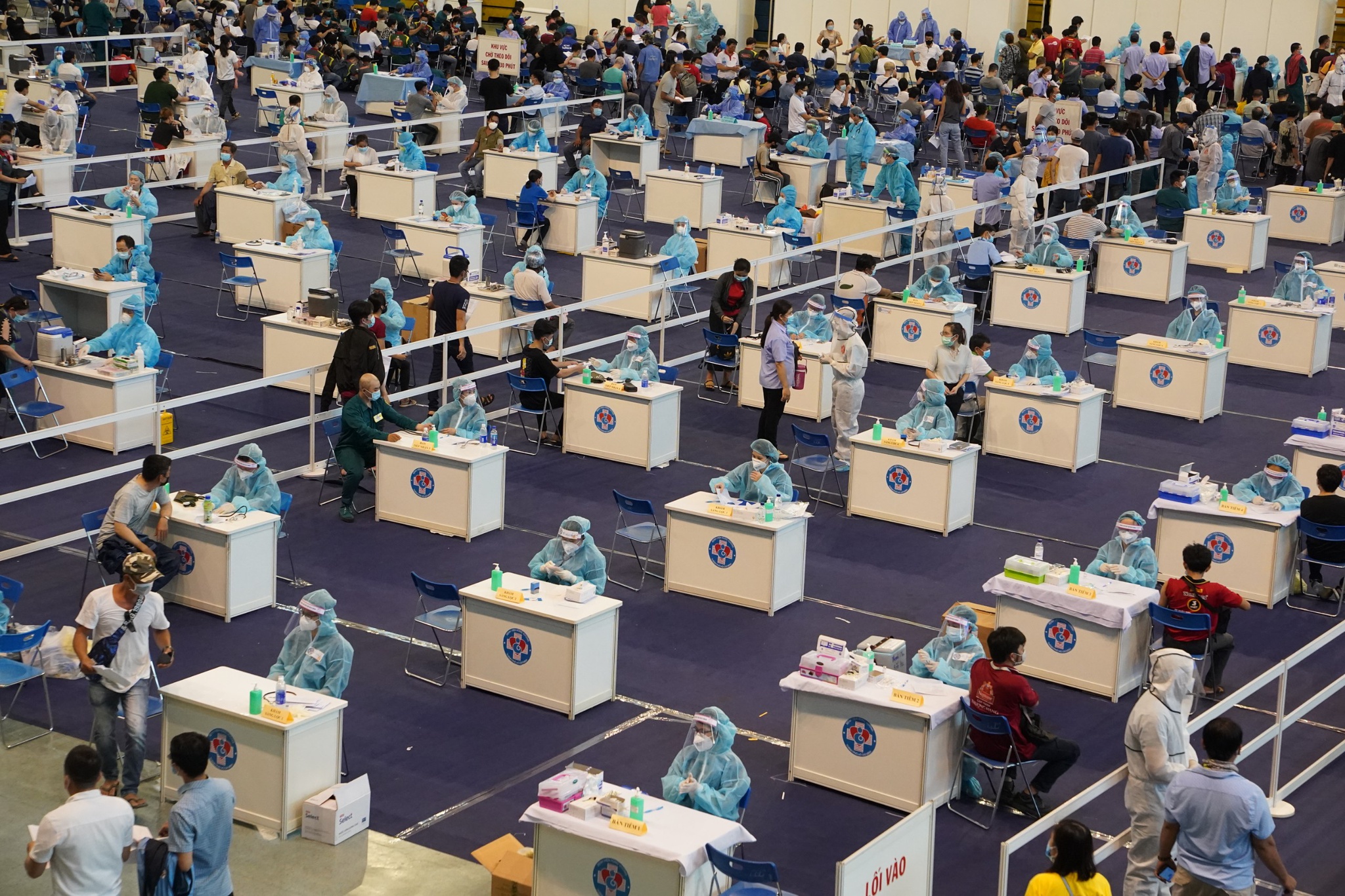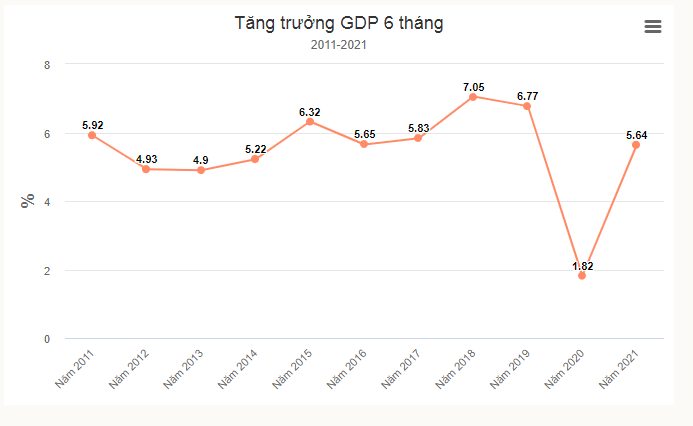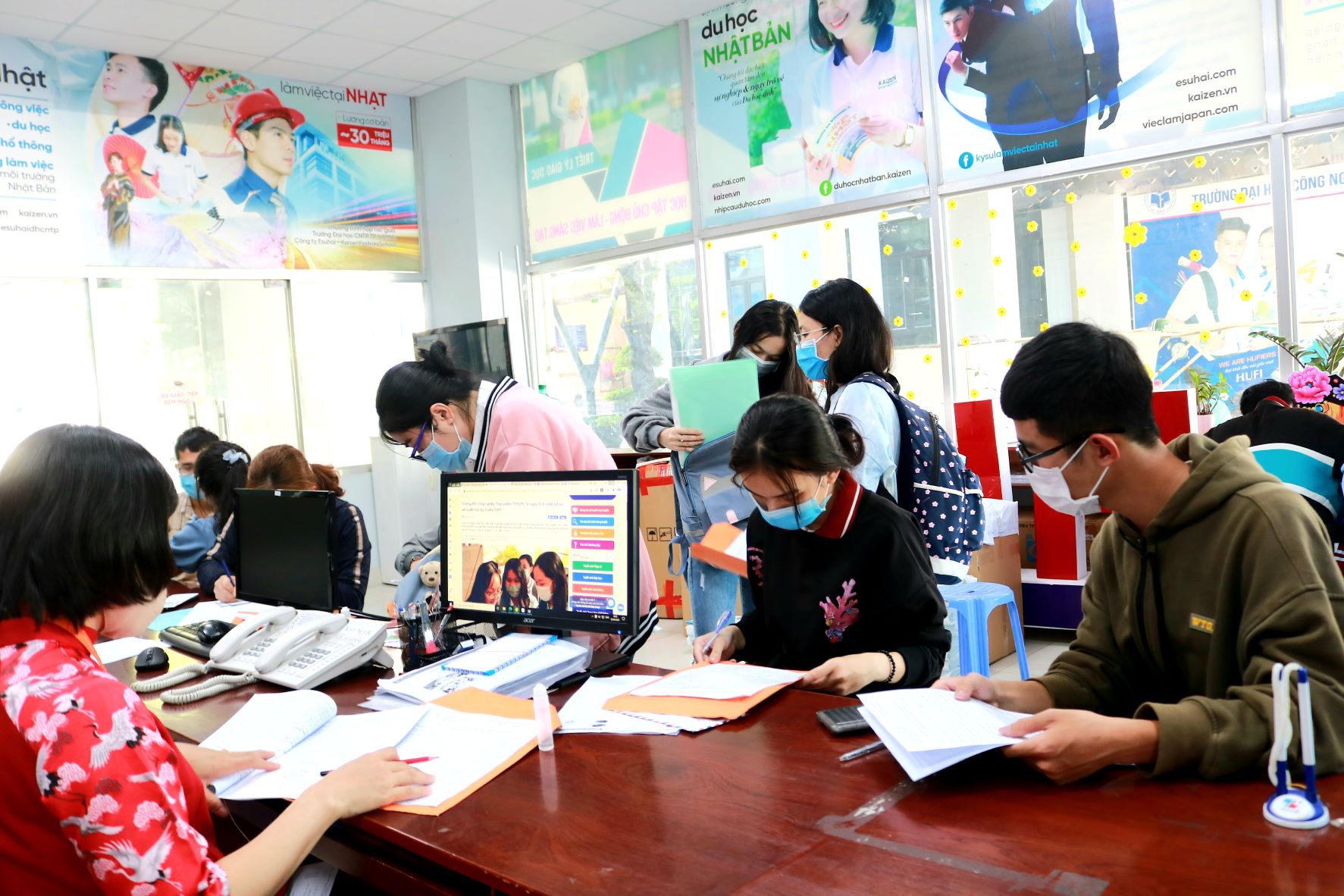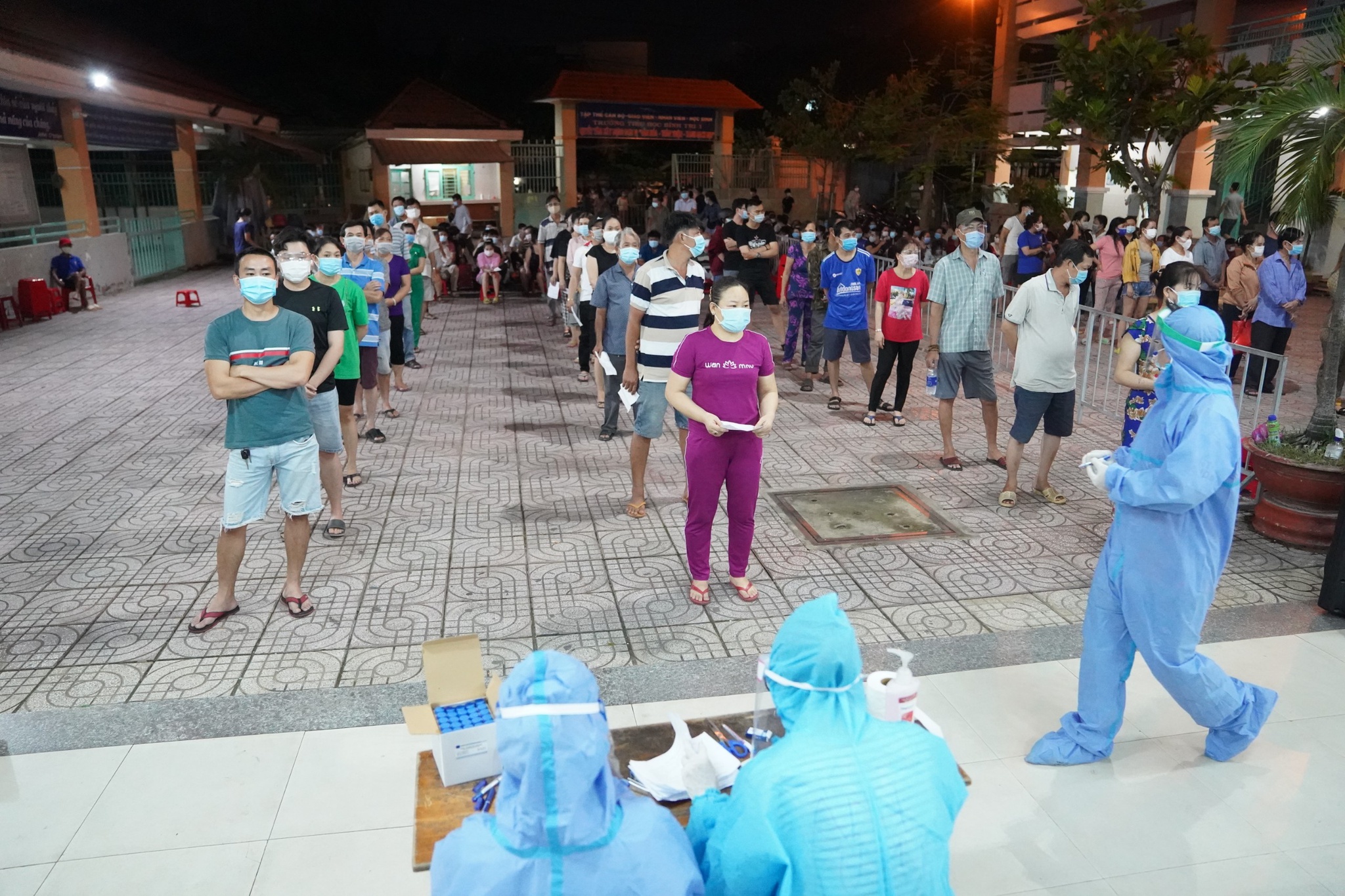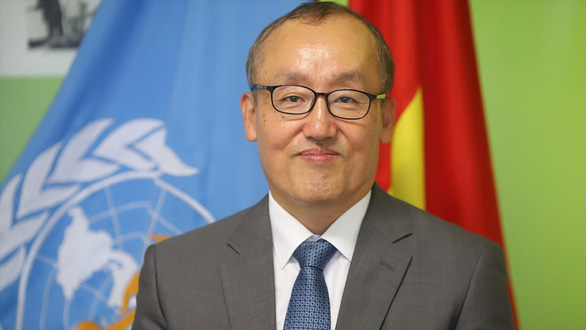THÔNG TIN SƯU TẦM

Candy or Covid? Some Places Are Canceling Halloween
.jpg)
The Halloween parade in New York City draws more than 50,000 people in a typical year. It is canceled for 2020 to prevent spreading the Covid-19 virus. Photographer: Stephanie Keith/Getty Images
It was bad enough for kids when the coronavirus wreaked havoc on two school years and the summer break. Then Halloween was canceled.
In an announcement last week, the Los Angeles County health department banned trick-or-treating to prevent further spread of the virus. Following a swift public outcry, officials revised their guidance the next day to say that going door-to-door or car-to-car were merely “not recommended” as “it can be very difficult to maintain proper social distancing” and “because sharing food is risky.”
The scare in L.A. was enough to spook parents and kids in other cities who worry that their own governments might bar trick-or-treating this year. With the U.S. still deep in the first wave of the coronavirus pandemic and a second surge of infections predicted to come this fall, health experts worry that the inherent mingling of adults and children could exacerbate community spread. But experts also fear the toll on families and children if they must skip the tradition, missing out on a much-needed source of joy and social connection.
“There has been a lot of things that have gone away for children,” says Hansa Bhargava, a pediatrician and the senior medical director of WebMD. “That’s why I don’t want to take one more thing away from them.” She advises families to look at the the infection rate within their communities before deciding whether to trick-or-treat, and to consider less risky alternatives and modifications if possible. The key, she says, is for parents to talk to their kids, and help them understand that 2020 is an unusual year for Halloween celebrations.
Nearly a quarter of Americans still plan on trick-or-treating this year, compared with 29% in 2019, according to the National Retail Federation’s Halloween spending survey conducted Sept. 1-9. Some two-thirds will hand out candy, down from 69% last year.
This year some are uncomfortable with the prospect of their kids sticking their hands in communal candy buckets or taking treats from a series of neighbors and strangers whose Covid risk level is unknown. Many people who don’t have young children see the hazard of opening the door for hordes of ravenous Elsas and Spider-Men. And yet it’s not clear-cut that trick-or-treating should be banned.
“If you want to go knock on your neighbor’s door, God bless you. I’m not going to tell you not to.”
In much the same way that the U.S. approach to reopening schools has been piecemeal, the vision for Halloween 2020 differs from city to city, with no guidance yet from the federal Centers for Disease Control and Prevention despite pressure from lawmakers. There is detailed guidance drafted, perhaps not so surprisingly, by the Hershey Co., which told the Wall Street Journal that the holiday makes up a tenth of its annual $8 billion revenue, and that trick-or-treating makes up about half of the company’s Halloween candy sales.
The issues of Halloween contagion have come up before: In 1918, Oct. 31 fell during one of the worst waves of the Spanish flu pandemic, prompting cities from San Francisco to St. Louis to bar Halloween festivities as part of their general restrictions on public gatherings.
Wherever trick-or-treating is allowed this year, it won’t be easy to minimize risk.
“The whole community would have to follow the rules,” says Bhargava. “Parents would have to supervise their children to make sure they’re staying in their bubble, so that only one group of kids is heading to the door at one time.”
Among the first to prohibit the activity after Los Angeles was Mayor Domenic Sarno of Springfield, Massachusetts, one of the state’s largest cities. He called the decision “a no-brainer” this week. “We are dealing with a pandemic here,” he said during an update on the coronavirus. “Would you want to put your child and yourself in harm’s way? It makes no sense whatsoever.”
In Illinois, the suburb of West Chicago canceled trick-or-treating on city property in the downtown area. Mayor Ruben Pineda, in a statement, called it a “painful decision” made “in everyone’s best interest.”
Some officials have emphatically assured their constituents that there will be no bans. New Jersey Governor Phil Murphy recently said that Halloween is still on, and New York Governor Andrew Cuomo told News 12 Long Island that restrictions felt inappropriate. “You have neighbors,” he said. “If you want to go knock on your neighbor’s door, God bless you. I’m not going to tell you not to.” He added that the state would draw up guidance but leave the decisions up to individuals.
Officials elsewhere, like Chicago and San Francisco, have expressed concern about trick-or-treating but not yet banned it.
Bhargava, as a pediatrician and herself a mom to teenagers, warns against a blanket ban on trick-or-treating, saying restrictions should depend on both the community infection rate and families’ own circumstances. She emphasizes that it’s not just the physical health of children that’s at stake if festivities proceed; communities’ mental health is at risk if the shared experiences are canceled.
“Socialization is an anti-stress, and the lack of socialization definitely impacts the kids,” Bhargava says. “We know that anxiety and depression is up for everyone, including parents.”
Celebrating Halloween doesn’t have to involve going door-to-door. In an impromptu Twitter poll Bhargava conducted, fellow pediatricians and parents offered alternatives, including “in-home” trick-or-treating (in which kids go from room to room) and reverse trick-or-treating (having kids stand in front of their homes as neighbors throw candy from their cars). One YouTube duo demonstrates a six-foot “candy slide” made from PVC pipe, to hand off candy from a safe distance.
Meanwhile Halloween celebrations across the U.S. have been pared down, altered or canceled. Parades have been called off, including New York City’s popular romp ending in Greenwich Village, which draws more than 50,000 people each year.
Organizers of haunted houses are putting strict protocols in place — limiting the number of guests to allow for social distancing, enforcing mask rules and instructing actors to strike terror from six feet away. One alternative is drive-in experiences.
Salem, Massachusetts — best known for its connection to the Salem witch trials — has been forced to scale back its month-long Haunted Happenings celebration, including moving some events online and canceling major parades and street fairs to adhere to the state’s reopening guidelines.
The timing for such precautions, though, couldn’t have been worse, says Kate Fox, executive director of Destination Salem. It promotes five weekends of festivities, spanning two full moons and this year including a Saturday Halloween. “We were expecting over a half million people to come this year,” she said. “It represents 30% of our annual tourism revenue.”
She adds that out-of-state visitors have still been trickling in to dine and shop, giving local businesses a boost but also fueling a mix of anxiety and anticipation in the community of 40,000. Salem has “health ambassadors” handing out free masks and reminding people to cover their faces.
Like the decisions facing parents, it’s a delicate balance for officials. The town wants to keep the spirit of Halloween alive, but, Fox says, “I don’t want Salem to be a super spreader.”
Source: bloomberg.com
Collected by My Nguyen
Tổng giám đốc WHO: Chưa thể loại trừ khả năng Covid-19 rò rỉ...
Người đứng đầu Tổ chức Y tế Thế giới (WHO) ngày 15.7 cho biết vẫn còn quá...
Một tuần đi qua
Vậy là đã qua được một tuần cách ly toàn TP.HCM theo chỉ thị 16
Khổ vì giấy xét nghiệm Covid-19
Ngày 5.7, tại cuộc họp trực tuyến của Ban Chỉ đạo quốc gia phòng, chống...
TP.HCM đề xuất giám sát người cách ly tại nhà bằng thiết bị...
Sở Thông tin và truyền thông TP.HCM vừa có văn bản đề xuất UBND TP.HCM về...
Không 'đóng cửa' nhưng sẽ kiểm soát chặt chẽ người ra vào...
TP.HCM không đóng cửa hay phong tỏa nhưng sẽ kiểm soát chặt chẽ người ra vào...
TP.HCM: Chiến dịch tiêm 836.000 liều vắc xin Covid-19 kết thúc hôm...
Tính đến hết ngày 29.6, TP.HCM đã tiêm trên 805.000 liều vắc xin Covid-19 trong...
Tại sao 'gánh' dịch, kinh tế vẫn tăng trưởng gấp ba cùng kỳ
Con số GDP 6 tháng tăng 5,64% khiến giới phân tích bất ngờ bởi 2 quý vừa qua,...
Đề nghị Astra Zeneca chuyển cho Việt Nam 10 triệu liều vaccine
Lãnh đạo Chính phủ đề nghị Công ty AstraZeneca tạo mọi điều kiện thuận...
Dịch Covid-19 lan mạnh: Không thi mà xét tốt nghiệp, trường ĐH...
Trước những mong muốn của thí sinh, phụ huynh tổ chức xét tốt nghiệp thay vì...
Dịch vẫn lan nhanh, TP.HCM cần thêm 'thuốc mới'?
Số ca nhiễm tại TP.HCM vẫn tăng lên, ở mức 3 con số mỗi ngày, dù đa số ở...
Trưởng đại diện WHO tại Việt Nam: Người dân TP.HCM hãy tuân...
Theo TS Kidong Park, vai trò của vắc xin trong việc kiểm soát ổ dịch cấp tính còn...
344567942350826358571066.jpg&w=1400&h=520)
522608805487.jpg&w=1400&h=520)
